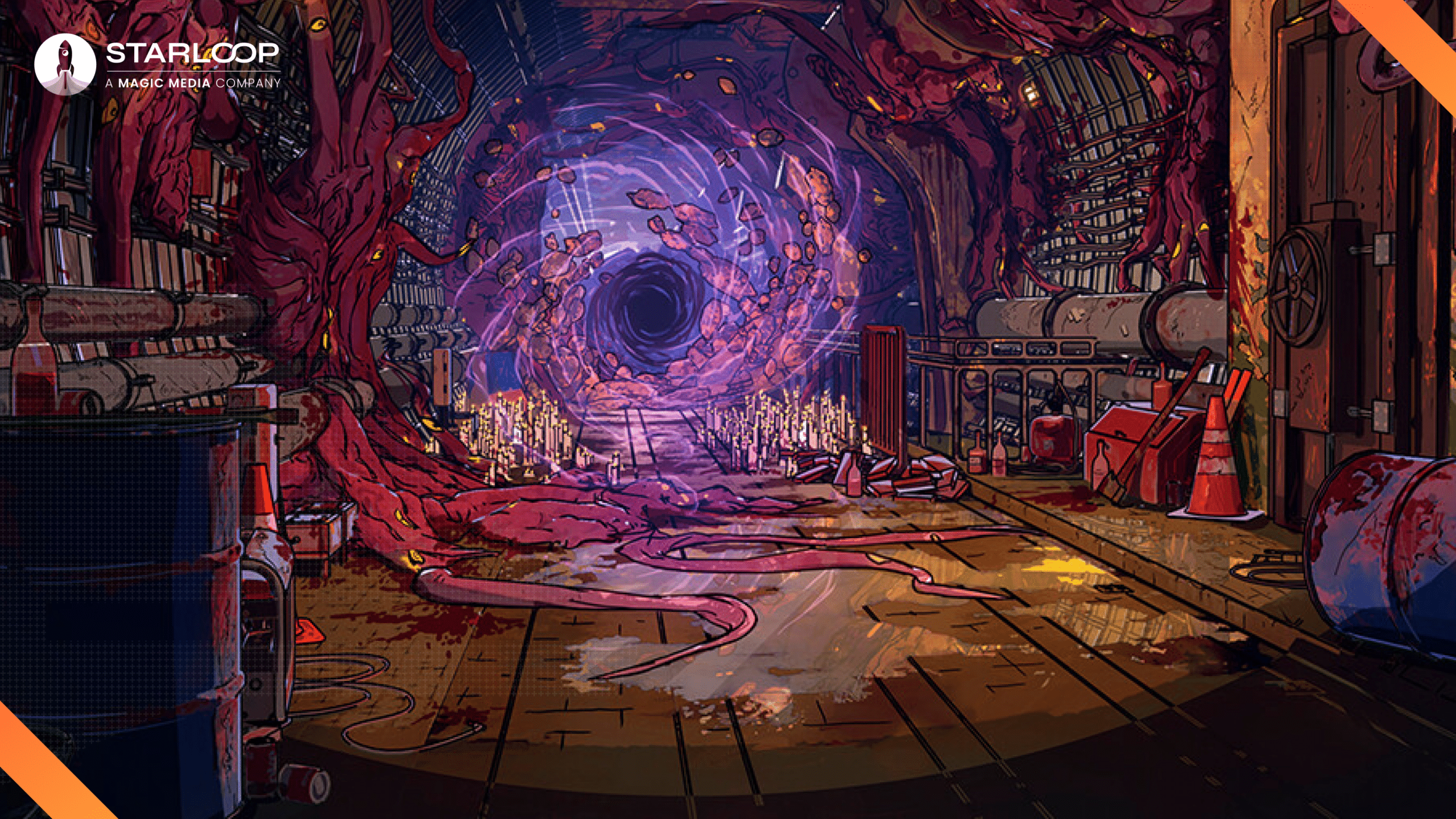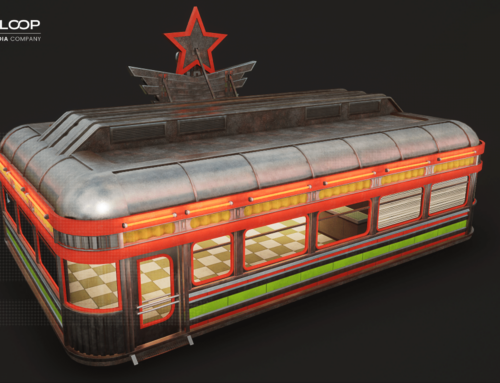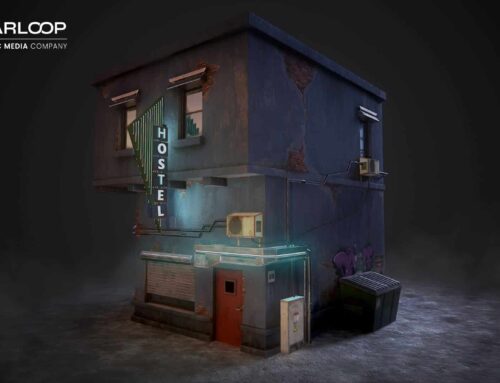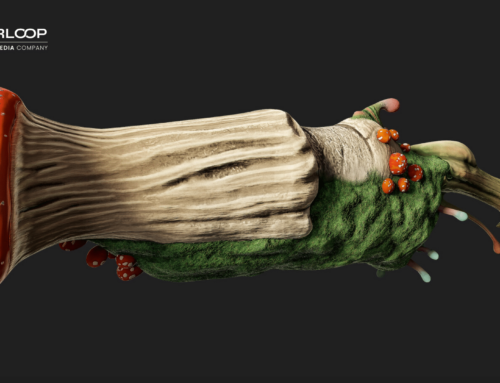The complexity of porting games is often overlooked and considered to be a simple case of bundling a game together and making it available on other platforms. The reality of porting games is that it’s a significantly more complicated process than it seems, especially seeing as every platform has its intricacies to navigate.
To overcome the common pitfalls of porting games, we at Starloop Studios and Magic Media adhere to certain best practices to ensure we’re doing the best porting work possible. Though game porting is a more elaborate process than it might seem on the surface, there are indispensable ways to mitigate the challenges it presents.
Outsourcing Saves Time and Resources
There are multiple factors to consider when porting games that help determine how difficult it will be. If the game was initially developed on Unreal Engine or Unity or with the idea of porting at a later date in mind it can be straightforward, but otherwise, it’s reasonable to expect some challenges.
For any porting projects, regardless of difficulty, working with a trusted development partner, such as Starloop Studios, can be highly beneficial. Using the services of a development partner allows them to understand processes, communication pipelines, and technology. This frees up your internal teams to work on other projects, while the development partner completes the porting project responsibilities.
In situations where games are being ported to and from wildly different platforms, partner teams become even more valuable. Understanding and overcoming platform differences can be time-consuming and extend project timelines, so allowing an external partner to handle these intricate porting projects helps resource management immensely.
Understanding Performance and Platforms
The porting process can be streamlined by developing a deep understanding of the destination platform’s capabilities and what must be changed from the original version of the game based on that. Performance is hugely important and can be challenging to get right, but it must be treated as a major priority.
The capabilities of mobile devices, PC setups, and current consoles such as Switch, PlayStation 5, and the Xbox Series consoles differ. Porting a game from PC to mobile, for example, requires a rigorous understanding of both platforms. Where PCs commonly have higher graphical output, mobile devices are on the lower end of the spectrum. This is also true for input design, where the many different ways of controlling games need to be considered. A game being ported from PC that uses a mouse and keyboard will need to have its controls redesigned to work with mobile device touchscreens.
Spending time to understand the destination and source platforms for the porting project is crucial to its success. Spending time early in the process to understand platform capabilities will help later on to determine what needs to be changed. Visual elements often need to be tweaked to lower quality to help balance visuals with the best performance possible. Though visual fidelity is important for aesthetics and communication, the game needs to run well on its new hardware to be a truly complete experience.
Testing is a High Priority
To ensure high-quality, thorough testing needs to be carried out across all platforms. Based on our hands-on experience, we can say without hesitation that even similar gaming platforms have significant differences behind the scenes. Though PlayStation 5 and Xbox Series X might be similar in terms of hardware and capability, there are differences under the hood that necessitate exhaustive testing.
Assuring quality can be painstaking work, but to the number of variables involved in porting, it’s worth it to have a stable experience for players. No stone should be left unturned, and it’s especially critical to test any aspect of the game that has undergone noteworthy changes. This can include user interface design, input design, and overall graphical output.
Even though there could be a temptation or even pressure to cut corners with testing to get the ported game released as quickly as possible and into the hands of a new audience, this is highly inadvisable. A negative gameplay experience for a brand-new audience will not only tarnish the game’s reputation but could damage the reputation of the organizations behind it. Testing is a priority concern no matter the project’s complexity, for the sake of the game itself, its newfound audience, and the talent behind delivering it.
Contact Starloop Studios today to learn more about our expert high-quality game development services for all platforms.
As part of Magic Media, we offer a wide range of services for the gaming, entertainment, and tech industries, including but not limited to full-cycle game development, game trailer production, and real-time VFX. Get in contact today, and let’s create magic!



